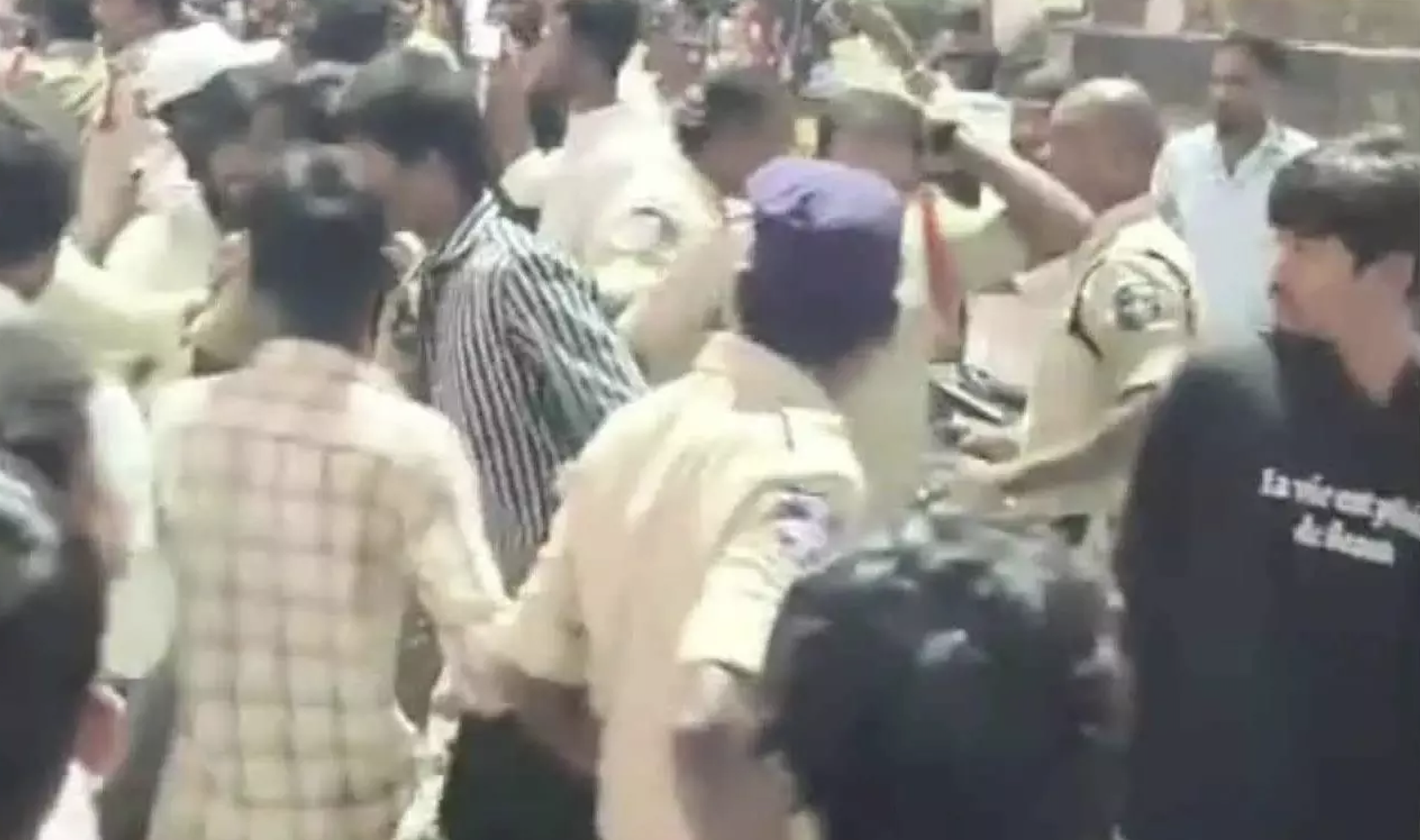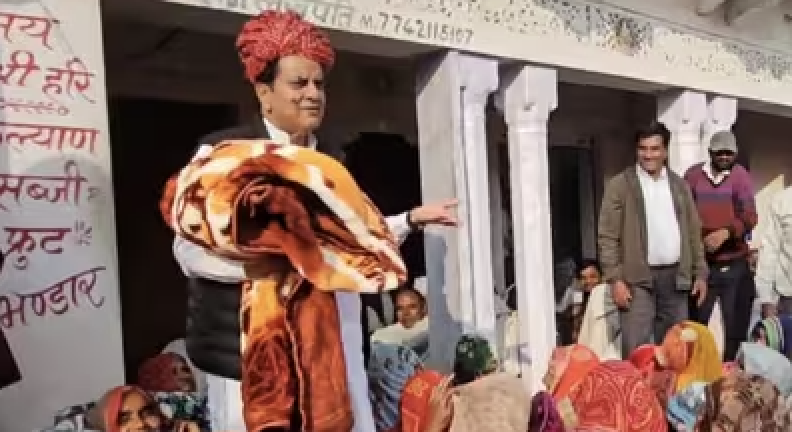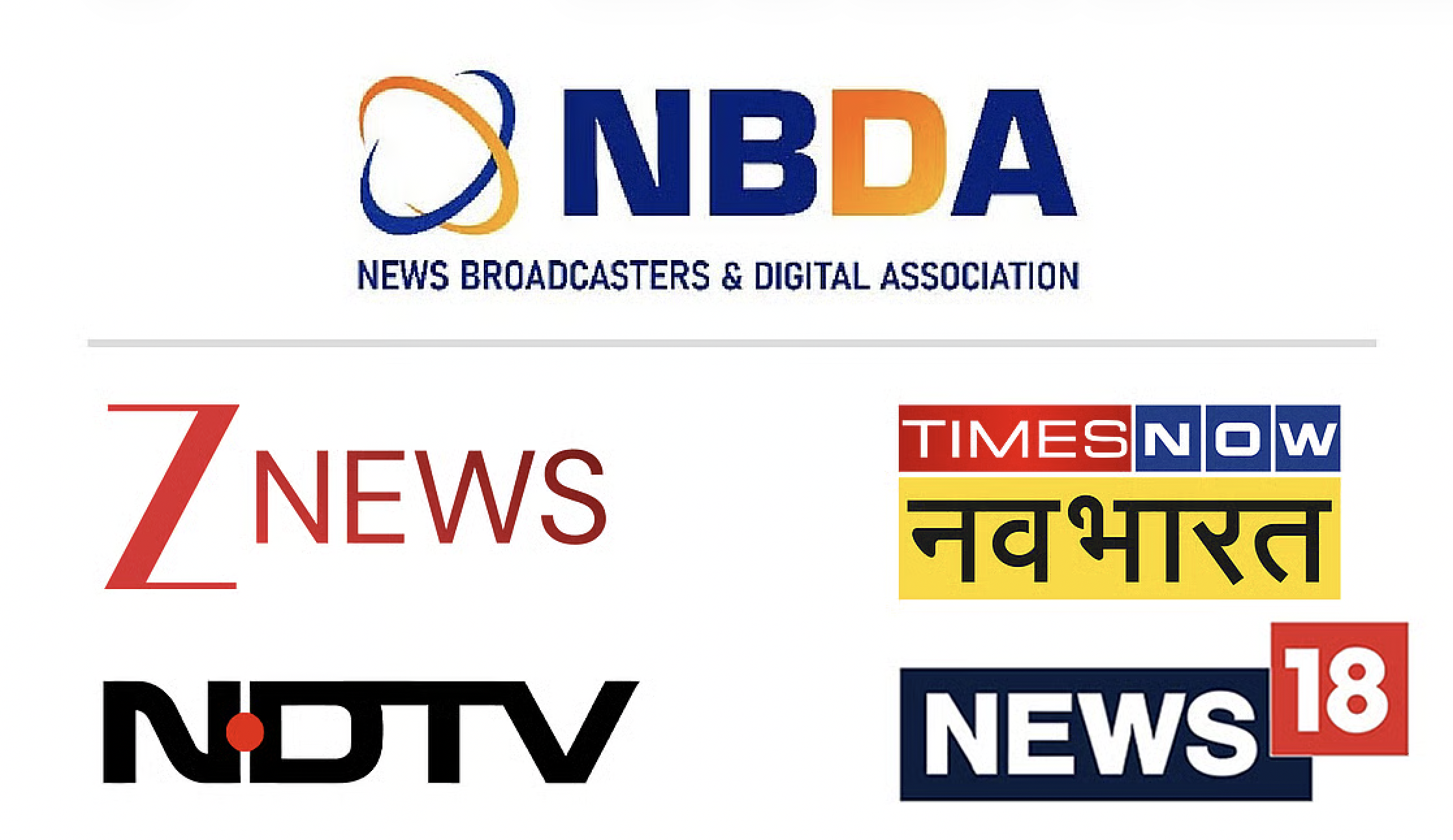
By Ramachandra Guha / Scroll
At a conference last month, I met the director of one of our prestigious Indian Institutes of Technology. Himself a fine scientist and excellent administrator, he told me that no fewer than eight IITs were currently without directors. In each case, the term of the previous incumbent had ended, and though a search committee had been constituted, in no case had the recommended candidate’s name been approved by the government of India. This was because the personal and intellectual trajectories of the eight chosen candidates were apparently being vetted by “Nagpur” before they could be cleared.
That darkly meaningful word, “Nagpur”, was used by this IIT director in a spirit of sarcasm. However, underlying all that he said was a sense of sadness. The scientist knew, from his vast experience in the public university system, that political meddling with higher education had not begun with the Narendra Modi government. Past regimes had also played favourites, with ministers of education often subtly (or not so subtly) directing search committees to pick this or that person as the vice-chancellor of one of the Central universities or as a senior official of the University Grants Commission.
However, for the first time, such interference had now reached the portals of the prestigious Indian Institutes of Technology and of the Indian Institutes of Management as well. No longer were scientific expertise and administrative experience the sole criteria in choosing the directors of IITs and IIMs; rather, ideological alignment with the sangh parivar was also sought for.
Anti-intellectual government
In an essay published in 2015, I had described the government headed by Narendra Modi as the “most anti-intellectual” this country had seen. This judgment was impressionistic, based on statements made by leading Bharatiya Janata Party politicians (including the prime minister) in their first few months in office, yet it has been resoundingly confirmed by the events of the subsequent seven years. What is being done with our IITs and IIMs is symptomatic of a much wider trend, whereby the state seeks systematically – and often ruthlessly – to control, manipulate and direct how students and professors in Indian universities act and think. Free thought and open debate are discouraged and sometimes even prohibited. Instead, conformity to the ideological and political agenda of the prime minister and the ruling party is asked for.
The attacks on intellectual freedom in recent years by the Indian state as well as by political activists have been documented in a set of tables compiled by the faculty and students of the department of sociology in Delhi University. These scholars have tabulated their findings across six categories, as explained below.
Table 1 contains cases of books which have been withdrawn from university syllabi or even from public distribution because of perceived insults to the dogmas and prejudices of a particular religious group. The authors thus officially “cancelled” include the great American Indologist, Wendy Doniger, and the acclaimed Bengali novelist, Mahasweta Devi.
This story was originally published in scroll.in . Read the full story here






